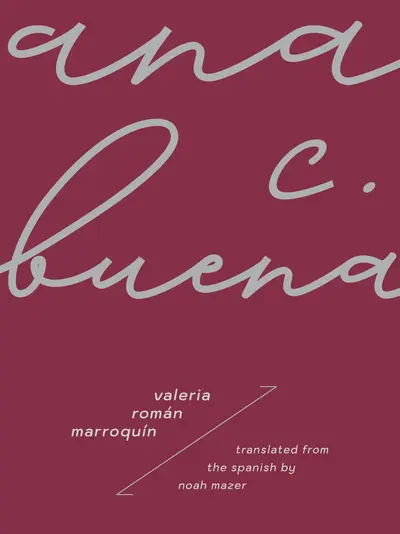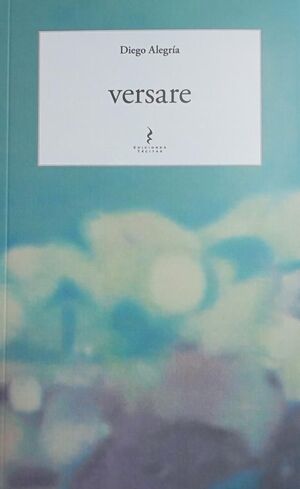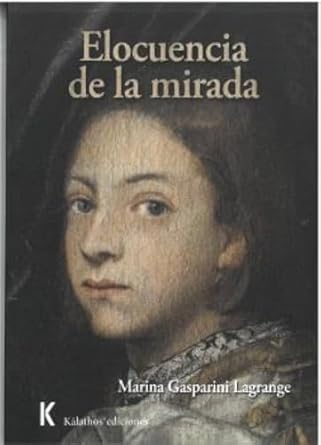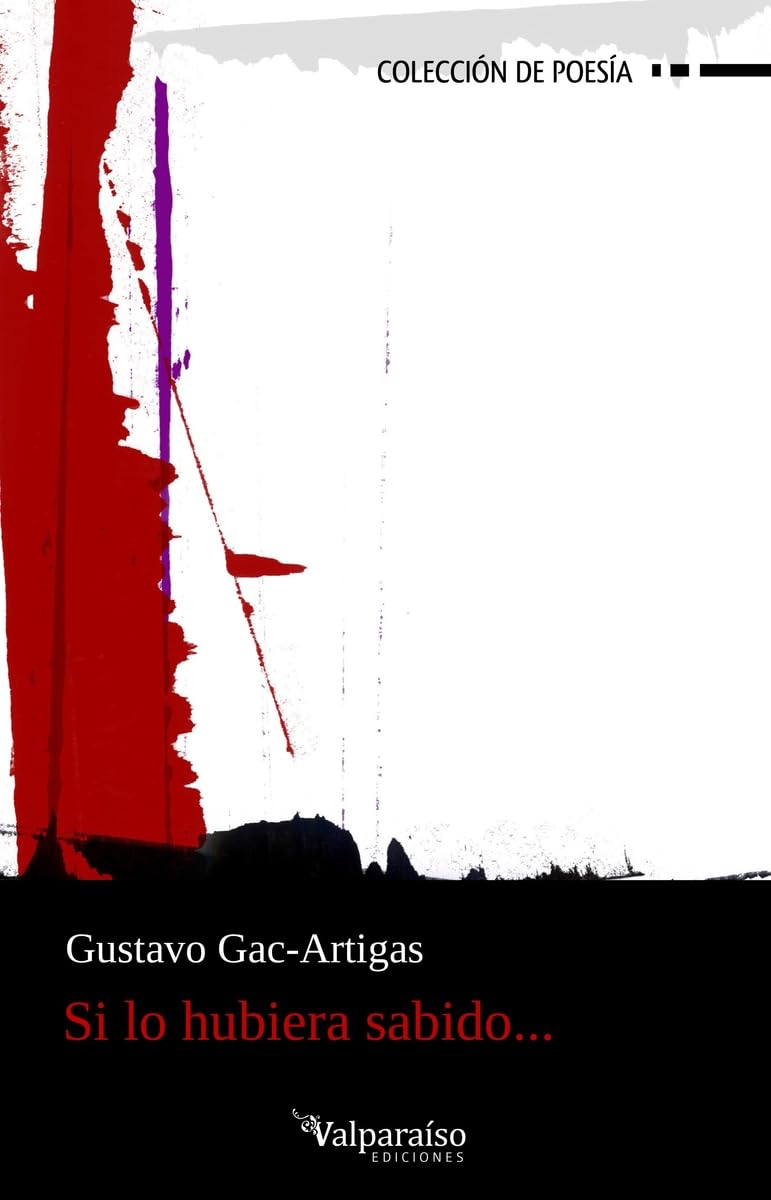Buenos Aires: Eudeba, Universidad de Buenos Aires. 2019. 152 pages.
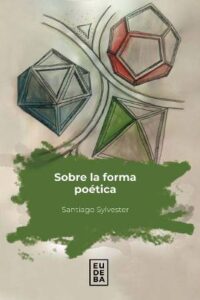 Nowadays, to write about poetic form is to place a bet and risk failure. Aristotle, Virgil, Dante, Machado, T. S. Eliot, Wallace Stevens, Auden, Paz, Borges, and Guillermo Sucre bequeathed us with a profound and well-established tradition about what to think and say on the matter. Their contributions dispel the fanatics and open doors for those who are committed to reflection and prudence. In the twentieth century the world was contaminated by the superficiality of innumerable newcomers who, having written some laudable poem, felt that they could undertake the arduous task of pondering the mysteries and realities that favor the construction of a poem. Many would do well to read The Letter of Lord Chandos, by Hofmannsthal. They would stay silent. Or keep quiet. Or say nothing. Any of those intimate options is appreciated, for nature and culture’s sake.
Nowadays, to write about poetic form is to place a bet and risk failure. Aristotle, Virgil, Dante, Machado, T. S. Eliot, Wallace Stevens, Auden, Paz, Borges, and Guillermo Sucre bequeathed us with a profound and well-established tradition about what to think and say on the matter. Their contributions dispel the fanatics and open doors for those who are committed to reflection and prudence. In the twentieth century the world was contaminated by the superficiality of innumerable newcomers who, having written some laudable poem, felt that they could undertake the arduous task of pondering the mysteries and realities that favor the construction of a poem. Many would do well to read The Letter of Lord Chandos, by Hofmannsthal. They would stay silent. Or keep quiet. Or say nothing. Any of those intimate options is appreciated, for nature and culture’s sake.
The opposite occurs to us when we read Sobre la forma poética. We are grateful to the poet Santiago Sylvester (Salta, Argentina, 1942) for not keeping quiet, for not saying nothing; we celebrate him for taking the requisite amount of time to tell us something substantive and singular about the history and current state of poetry. He does not digress, clears smoke from the pages, emphasizes the vertical flight of ideas, reveals the columns and ramparts that sustain beauty and wonder in the world. Because that is what his book is about, the legacy of constructive silence: that which allows for the existence of beauty and wonder, thanks to poetry. It is an unavoidable book, obligatory for those who love to commune with poetry. It is also a book for beginners. A text that allows you to stay or to go. An essay about when language is exhausted, due to the debilitation of the pulses and impulses of reality.
Sobre la forma poética is a journey from Homer to our times. Homer is a time and place in this pertinent essay. It starts from the opening number and moves us toward the time of free verse. The history of Western poetry: Italy, Germany, France, England, Spain… Argentina, Chile, Peru, Venezuela. Those places where someone shouted or whispered a different way to affirm the symphony and discord of the world. The stories of alexandrine and hendecasyllabic verse, the sonnet, and the tyranny of free verse are analyzed using the language of a pedagogue who knows the trade of writing poems. A book that belongs to the canon of The Bow and the Lyre (1956) by Octavio Paz of Mexico and La máscara, la transparencia (1975) by Guillermo Sucre of Venezuela.
Sobre la forma poética should be part of the bibliographical corpus of any university’s undergraduate and postgraduate curricula. Analyzing and understanding the phenomenon of the creation and socialization of a poem forces us to dwell in the distilled content of this book, which explains why poetry has been its own source and knowledge from the beginning. Homeric heritage, Platonic concerns, Aristotelian poetics, Dante’s universe, Poe’s Method, Whitman’s grass, Pound’s scalpel, the plums and wheelbarrow of W.C. Williams, Ginsberg’s howl, the verbal and spiritual ax of Rimbaud, the humidity and the river of Neruda, Dickinson’s room, the mind and reality of Wallace Stevens; the highly individualistic paths of Auden, Bishop, M. Moore, Plath, Mark Strand, Ashbery’s mirror, O’Hara’s immediacy, Frost’s tree… Like a master of explanation, Sylvester presents us with the reasons why Baudelaire, Mallarmé, and Valéry are argumentative milestones; the reasons why Hofmannsthal led us to the well in which we would contemplate European decadence, the expiration of a language, the death of the meanings and senses that used to allow for comprehending and living in a reality. Apollinaire’s alcohol, Marinetti’s machine, the dreams and automation of surrealism, Vallejo’s fissure, Lugones’s moon, draw conclusions about how societies—and ways of living in them—changed. Poetry as a niche of knowledge and reality. The poem as a source of breakdowns and dangers for the life of the polis. The poem as a secret, chaotic time bomb.
The book that knits together the complexity of the historic journey of poetry. Societies change, change their ways of breathing, talking, and hearing. The way a poem is constructed changes, the way the poem is received changes. The ways of love change, the music of social flux changes. For the author, poetry comes from multitudes, but not from the sky or the stars. It does come from the hands, eyes, and ears of a woman or a man who aspires to solitude and to have a simple table to build, rebuild, and destroy, thanks to language and intimacy, which will allow for the existence and the journey of a cultural and spiritual event. That which is born of this, endowed with a language of division and celebration, we have named Poem. Understanding when this awe-inspiring cultural object occurs and does not occur; that is the subject of this primeval and precise book.
The erudite George Steiner already repeated it ad nauseam: the masters of language grant us clarity. That is what the poet and essayist Santiago Sylvester does in this book. He grants simplicity and clarity to that which, due to tradition and comfort, has always been exposed clumsily and with difficulty: that poetry is one of the places where it is possible to contemplate the foremost law of breath and life; change. And form is its face.

